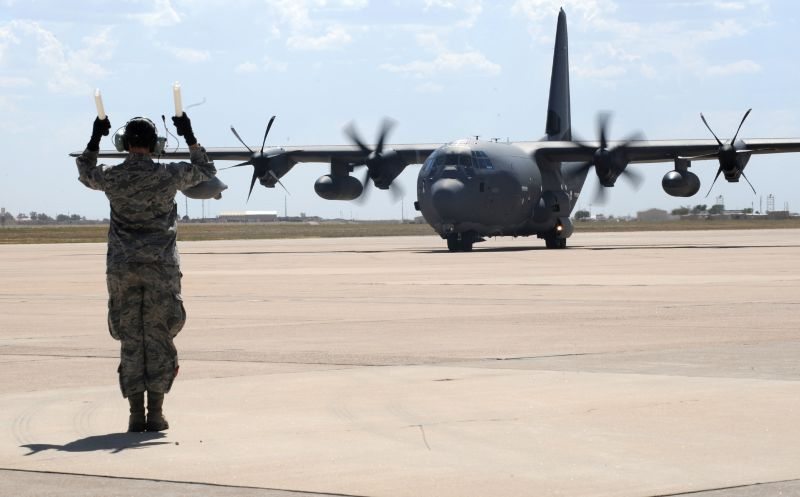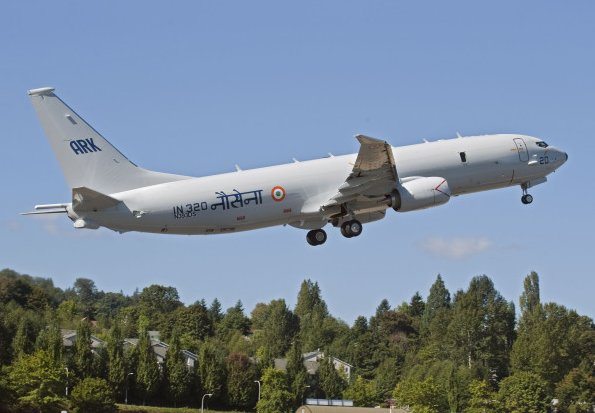Officials announced a popular name change for the MC130J here March 9 that honors the Air Commando legacy and capitalizes on the versatility of the aircraft.
“Air Force Special Operation Command MC-130Js will be equipped to fly various missions and will be called Commando II,” said Lt. Gen. Eric Fiel, the AFSOC commander, in the memorandum requesting the change. “This name best reflects the multi-mission role of the aircraft and the units that will fly them.”
The Commando II flies low-visibility, low-level air refueling missions for special operations helicopters and tilt-rotor aircraft, and infiltration, exfiltration and resupply of special operations forces by airdrop or airland, intruding politically sensitive or hostile territories, according to the official Air Force factsheet.
The aircraft’s popular name previously was Combat Shadow II. Alternate names considered included Combat Knife and Combat Arrow. A popular name, according to the joint service Air Force Instruction 16-401(I), “characterize aerospace vehicle missions and aid communications and media references.”
The process for requesting the popular name change began in September 2011, said Don Purvis, an AFSOC logistics management specialist. The memorandum from the AFSOC commander was sent to the asset identification flight at Air Force Material Command headquarters. From that point, a review was conducted by several agencies, including the Air Force Judge Advocate General and Secretary of the Air Force Public Affairs.
“This is one of the first name changes we approved,” said Keven Corbeil, a Defense Department popular name control point in the flight. “I think ‘Commando’ had historical (significance for AFSOC).”
In addition to reflecting the current missions of AFSOC, the name change honors the legacy of the C-46, the original Commando. According to the AFSOC commander’s memorandum, the new name “embodies the broader linage of special operations force aircraft.”
The C-46 was used extensively during the Cold War and Korean War by various government agencies, said Herb Mason, the AFSOC historian. It doubled the payload and range of the C-47, which it replaced.
Just like its descendent, the original Commando performed a variety of missions. The C-46 was most famous for its operations in the Far East. The Commando was a workhorse in ‘flying the hump’ over the Himalayan Mountains, transporting desperately needed supplies from bases in India and Burma to troops in China. A variety of transports had been employed in the effort, but only the C-46 was able to handle the adverse conditions, according to an executive staff summary sheet for the popular name change request.
Commando II replaces the aging special operations forces fleet of 37 MC-130E and P tankers. The first aircraft arrived at Cannon Air Force Base, N.M., Sept. 29, 2011.










